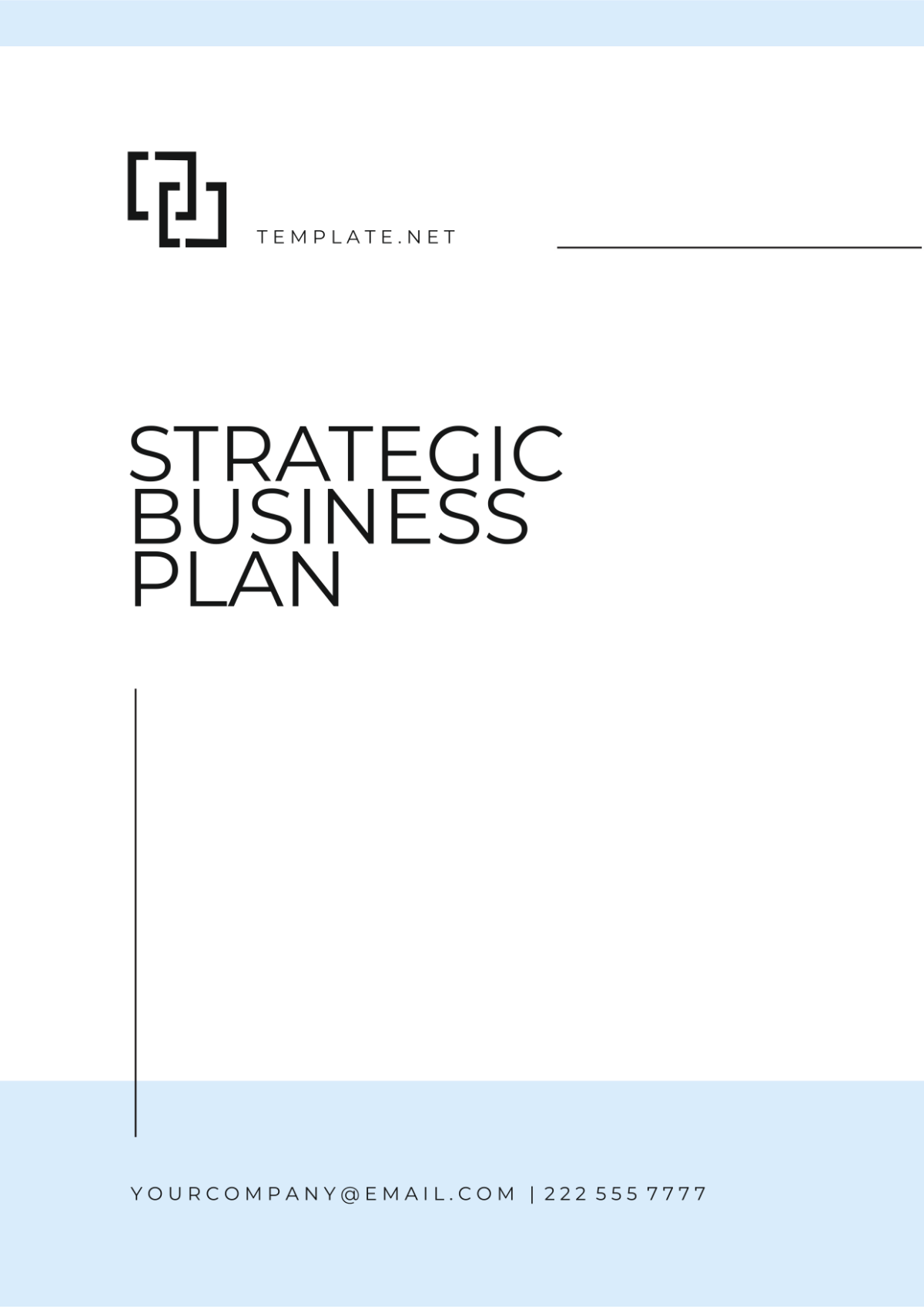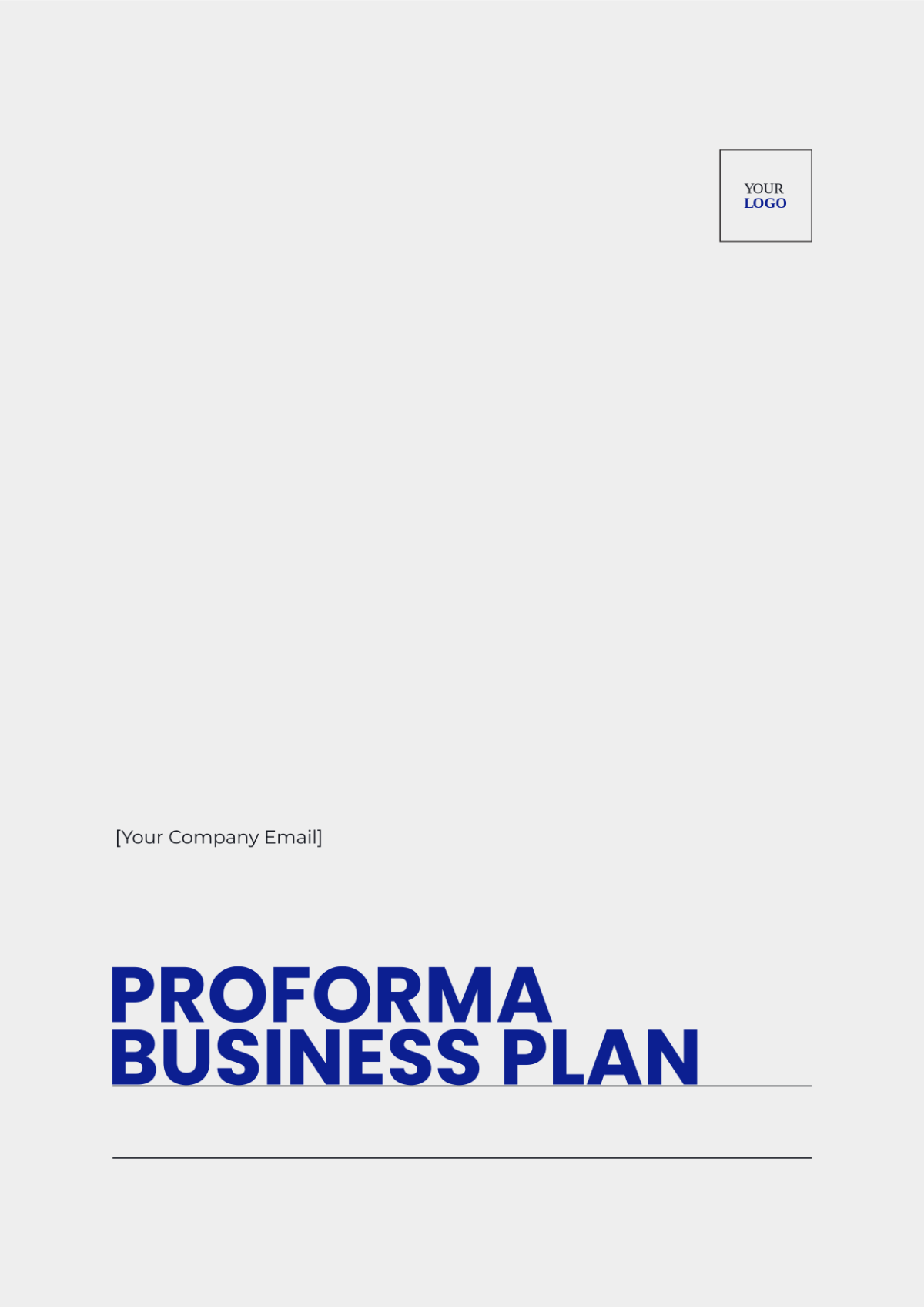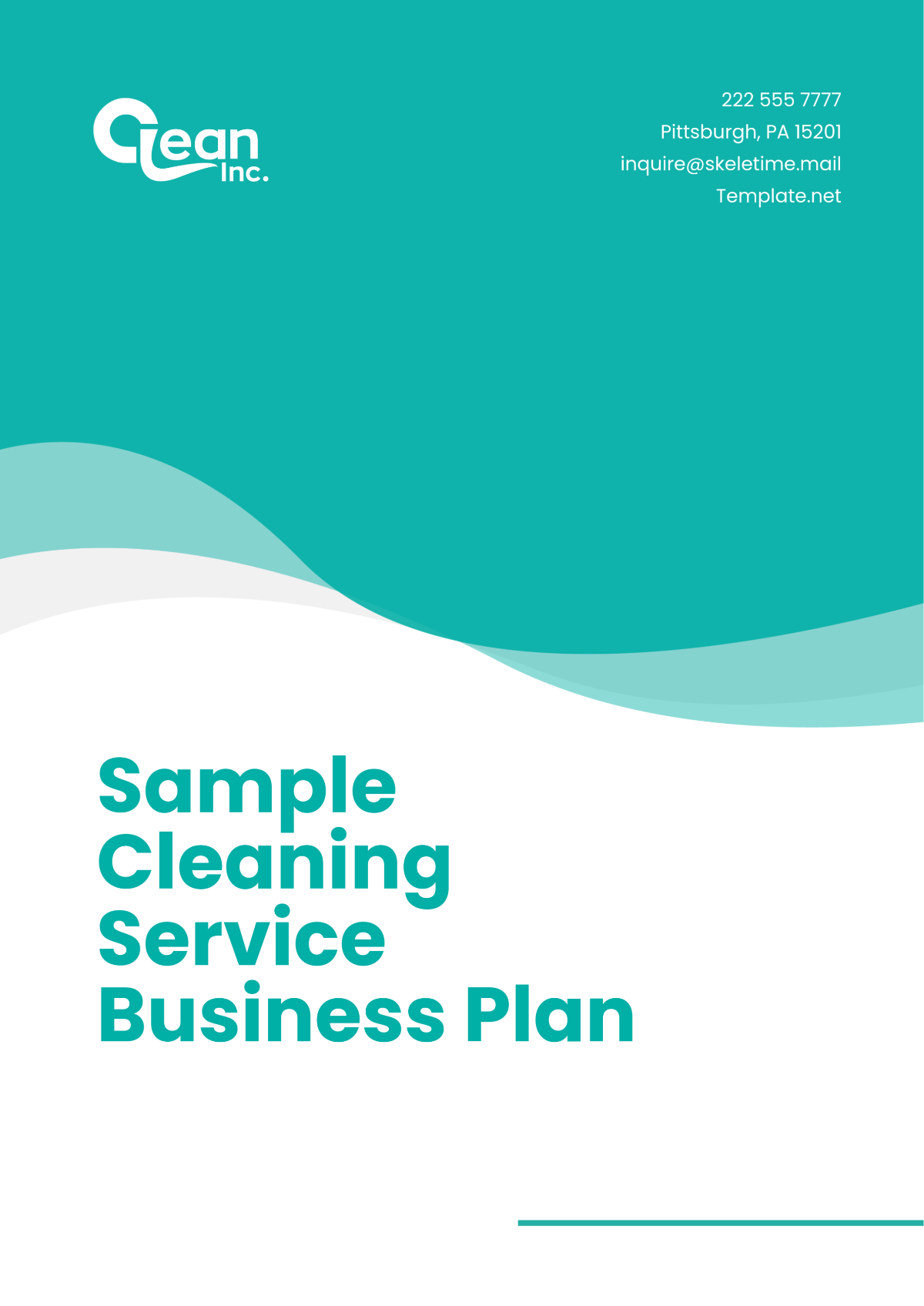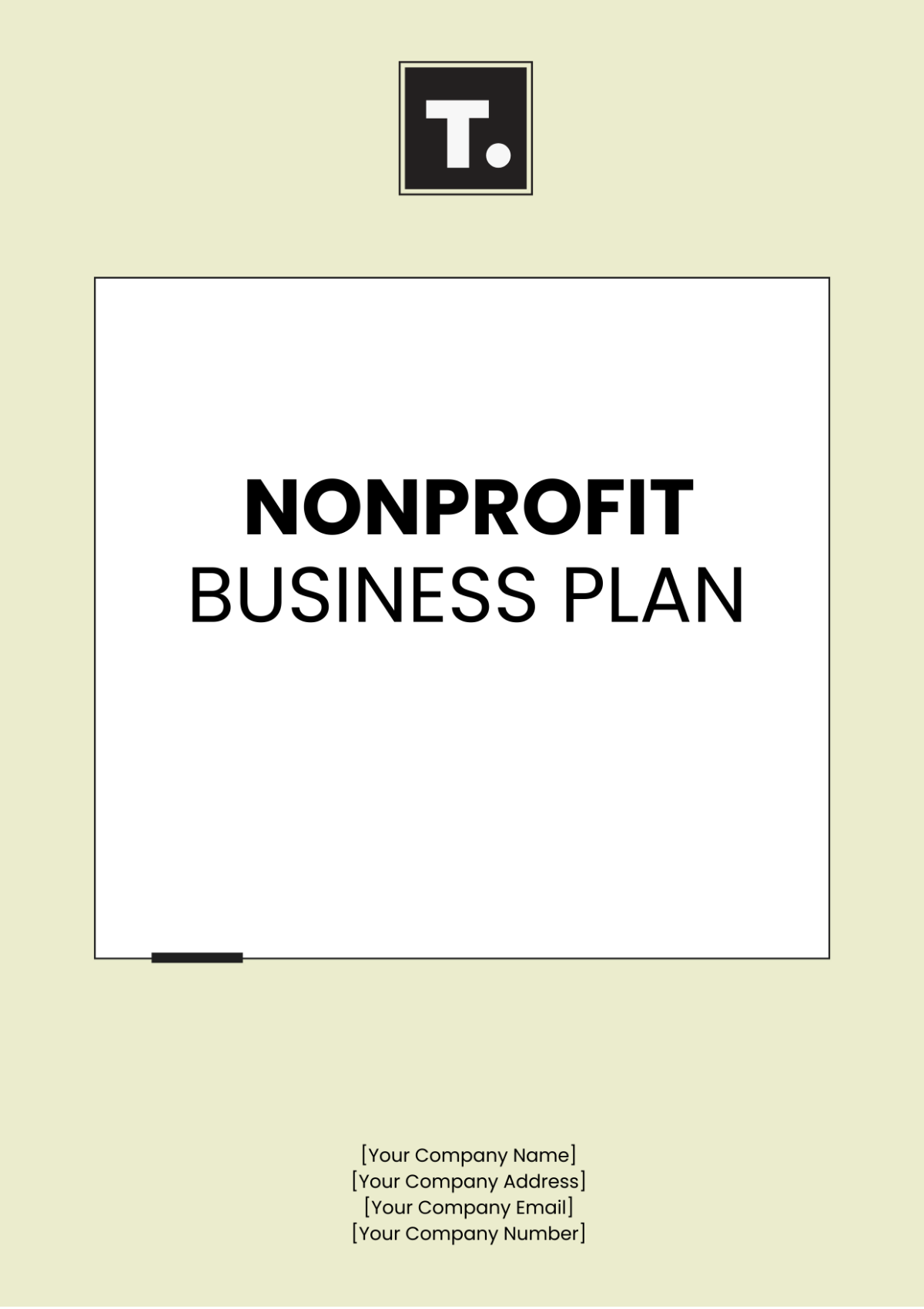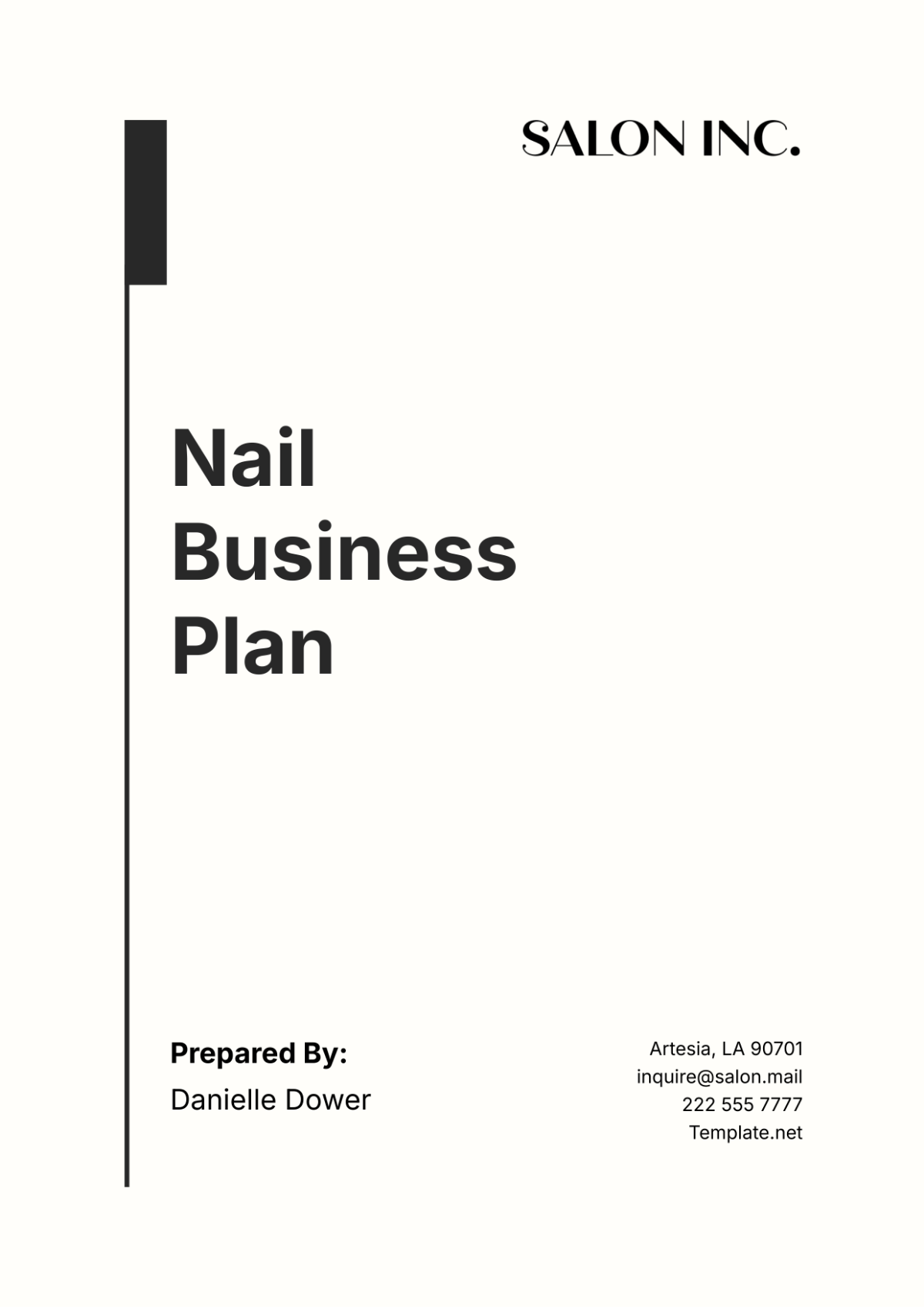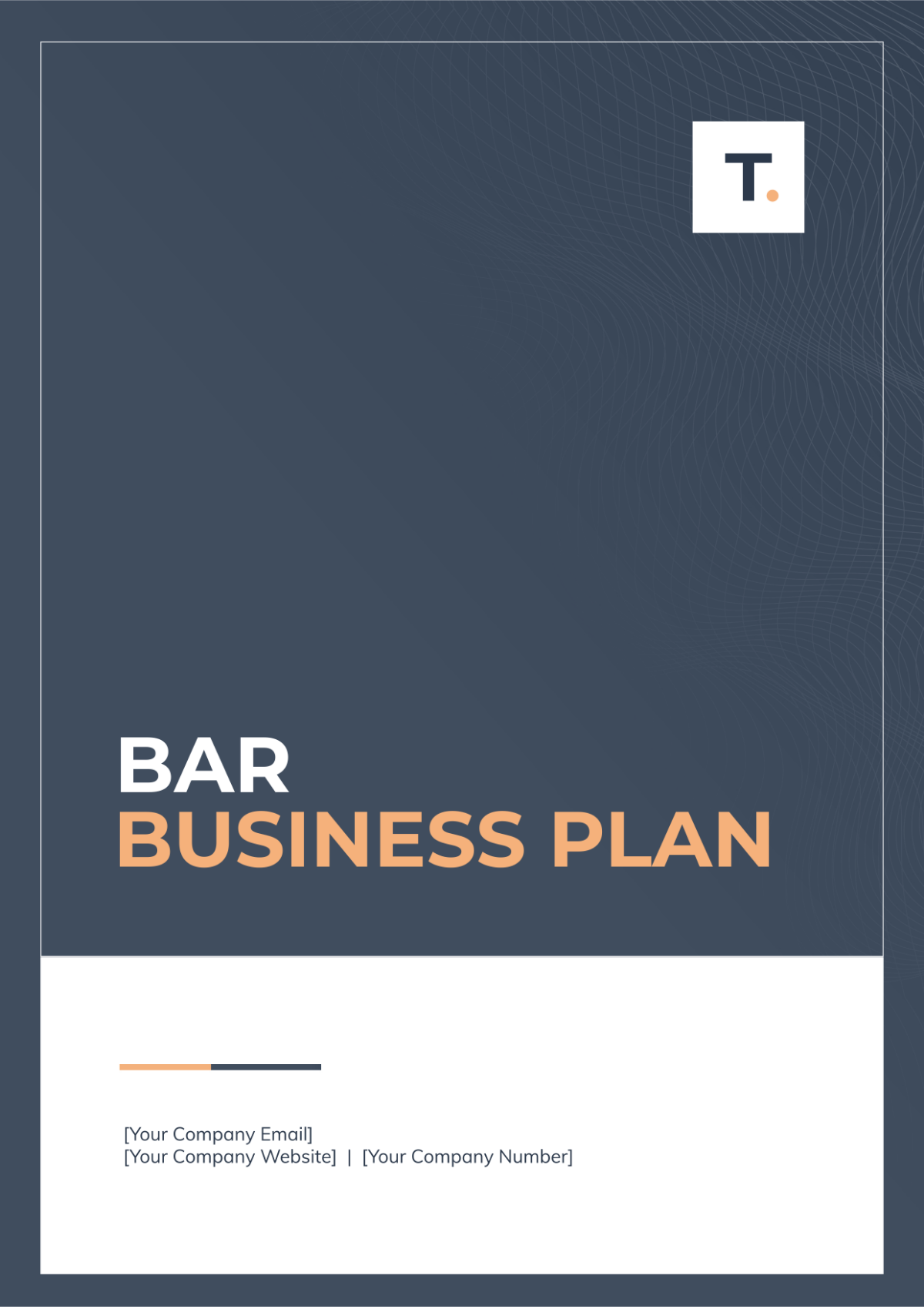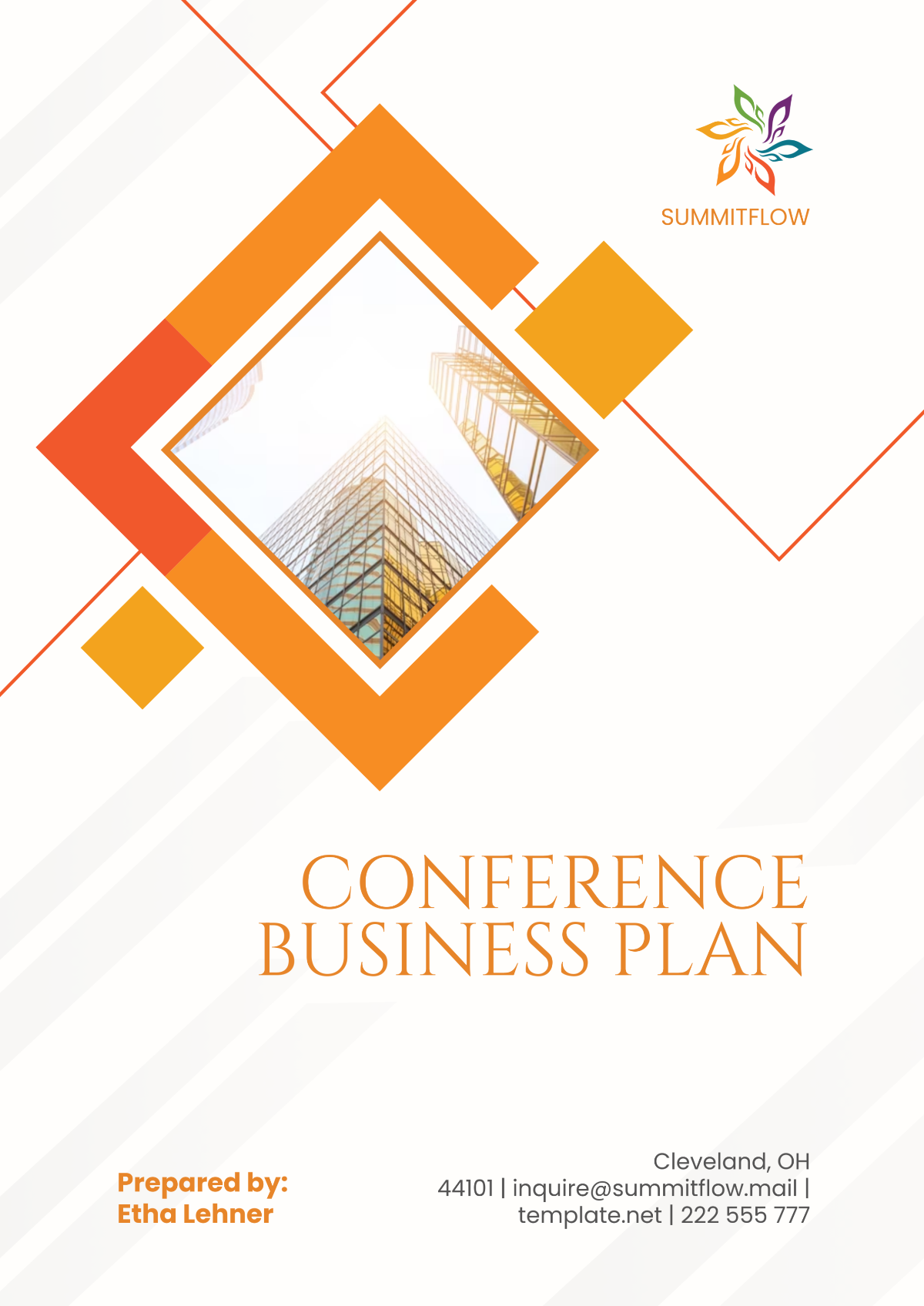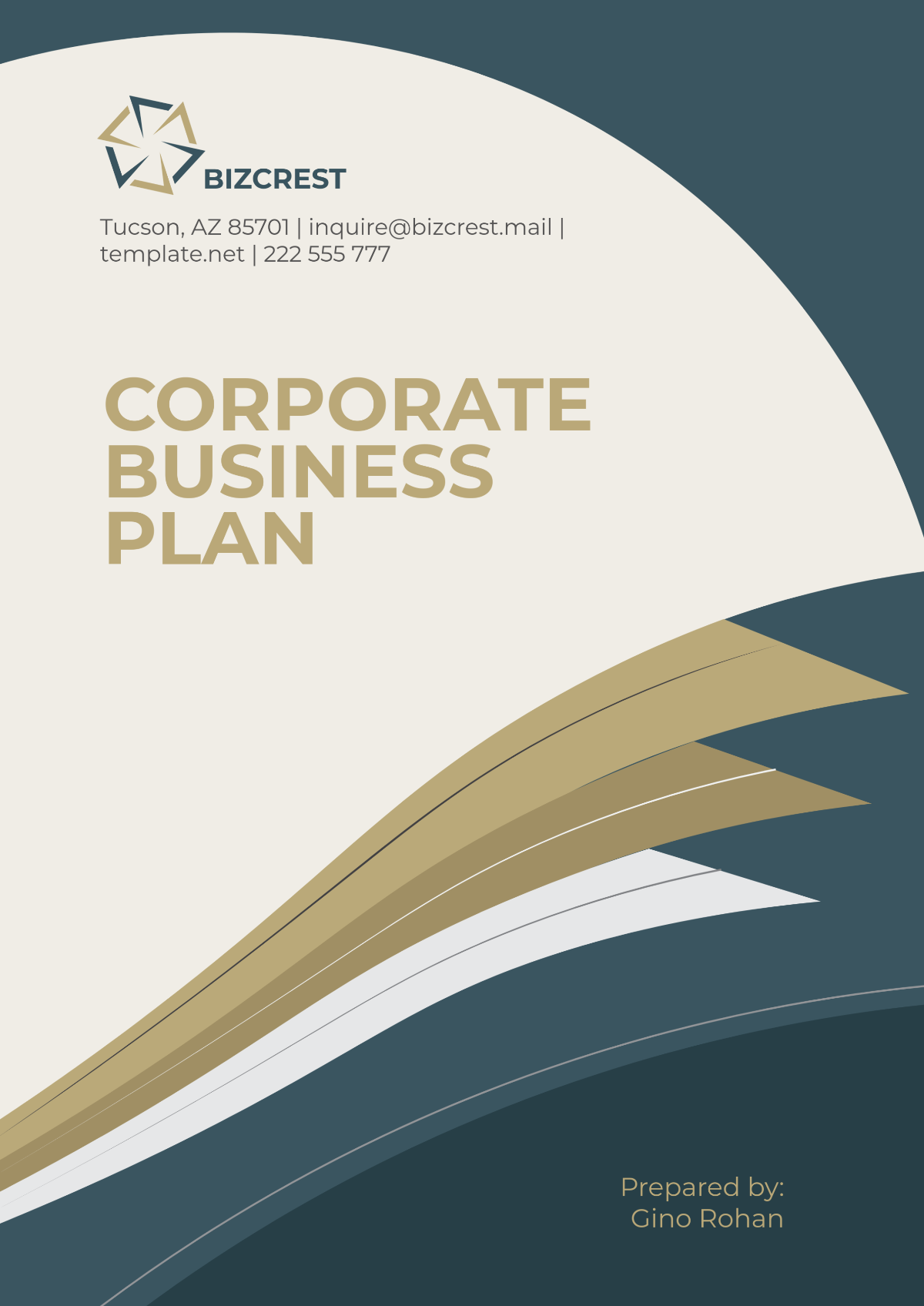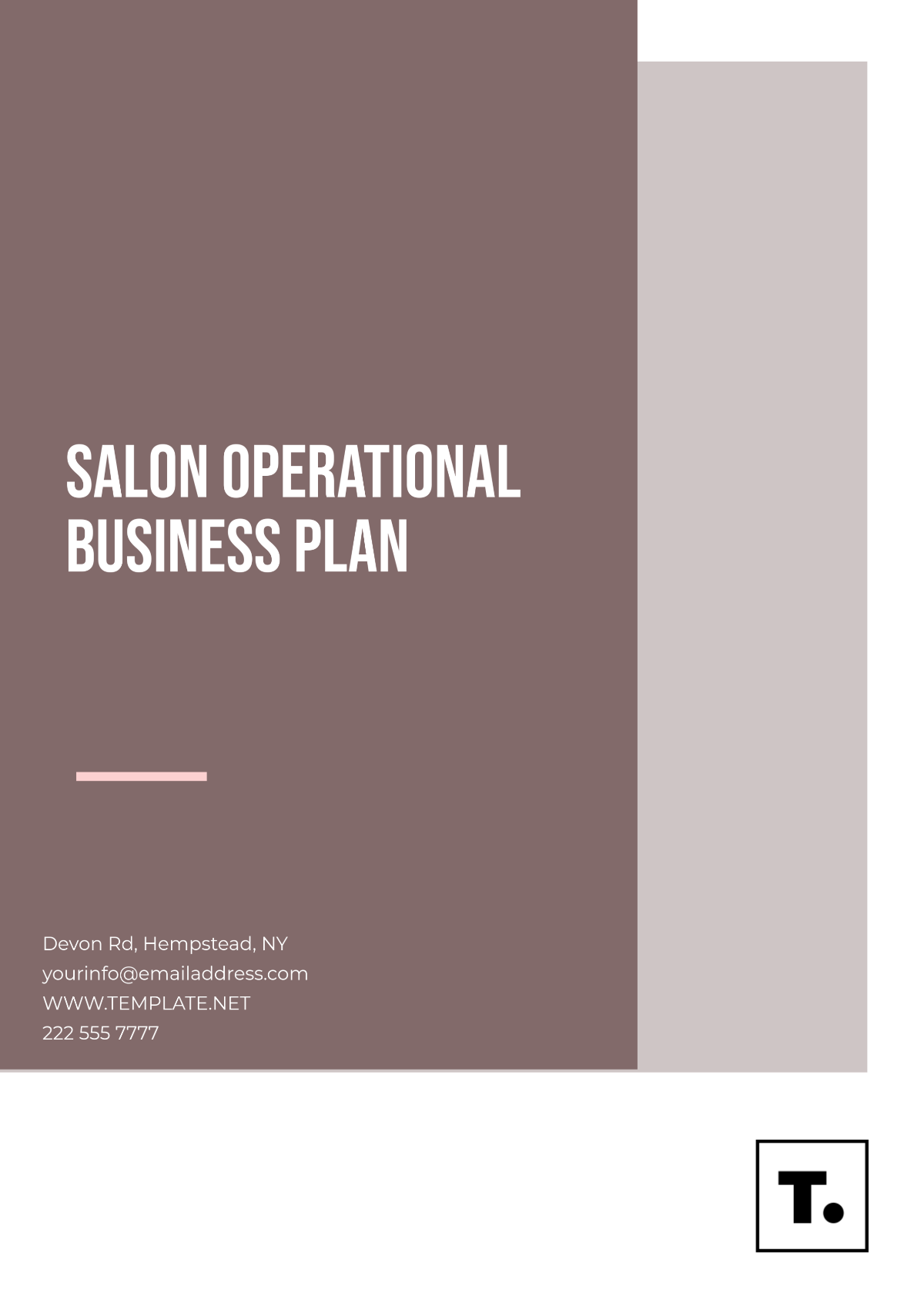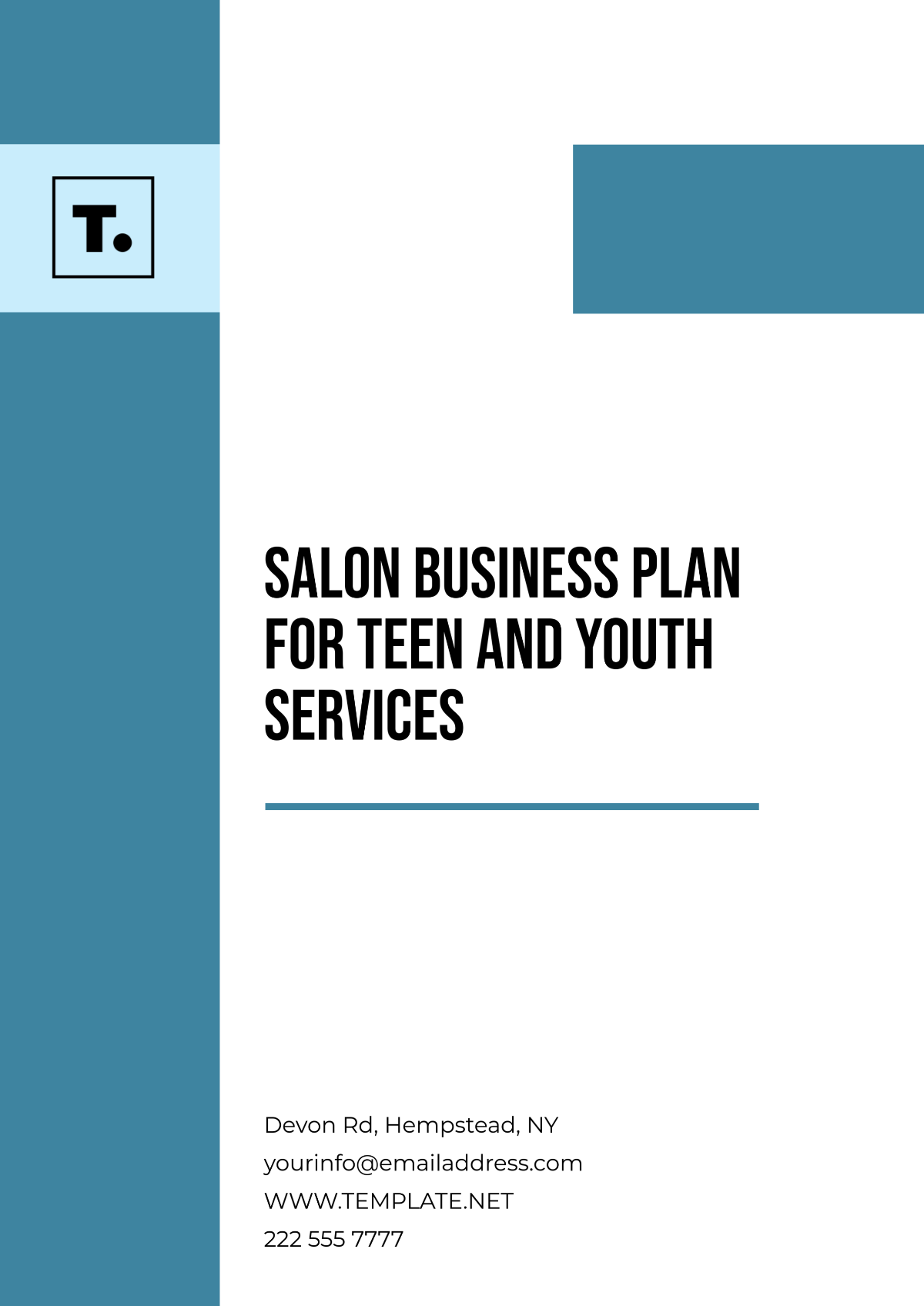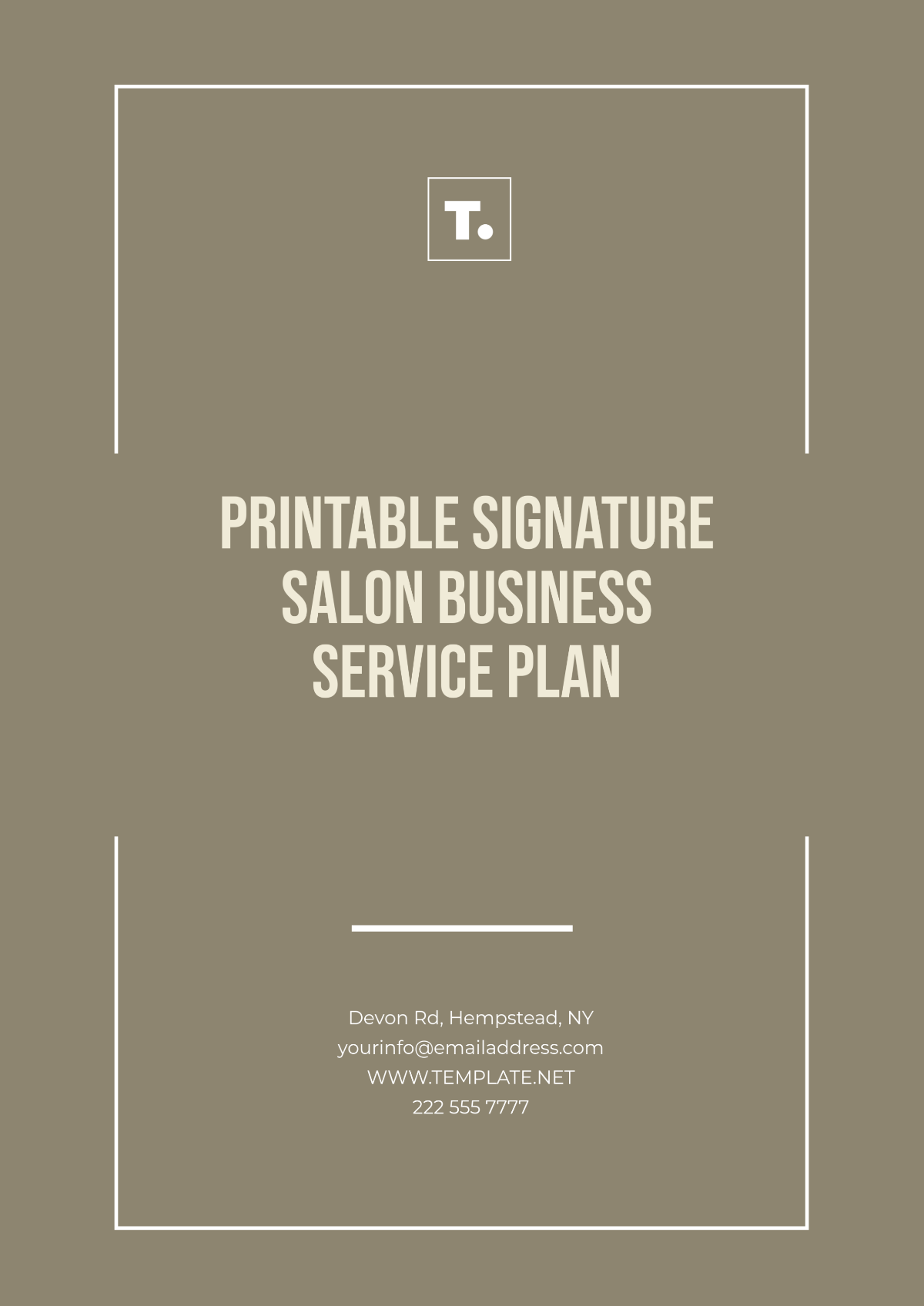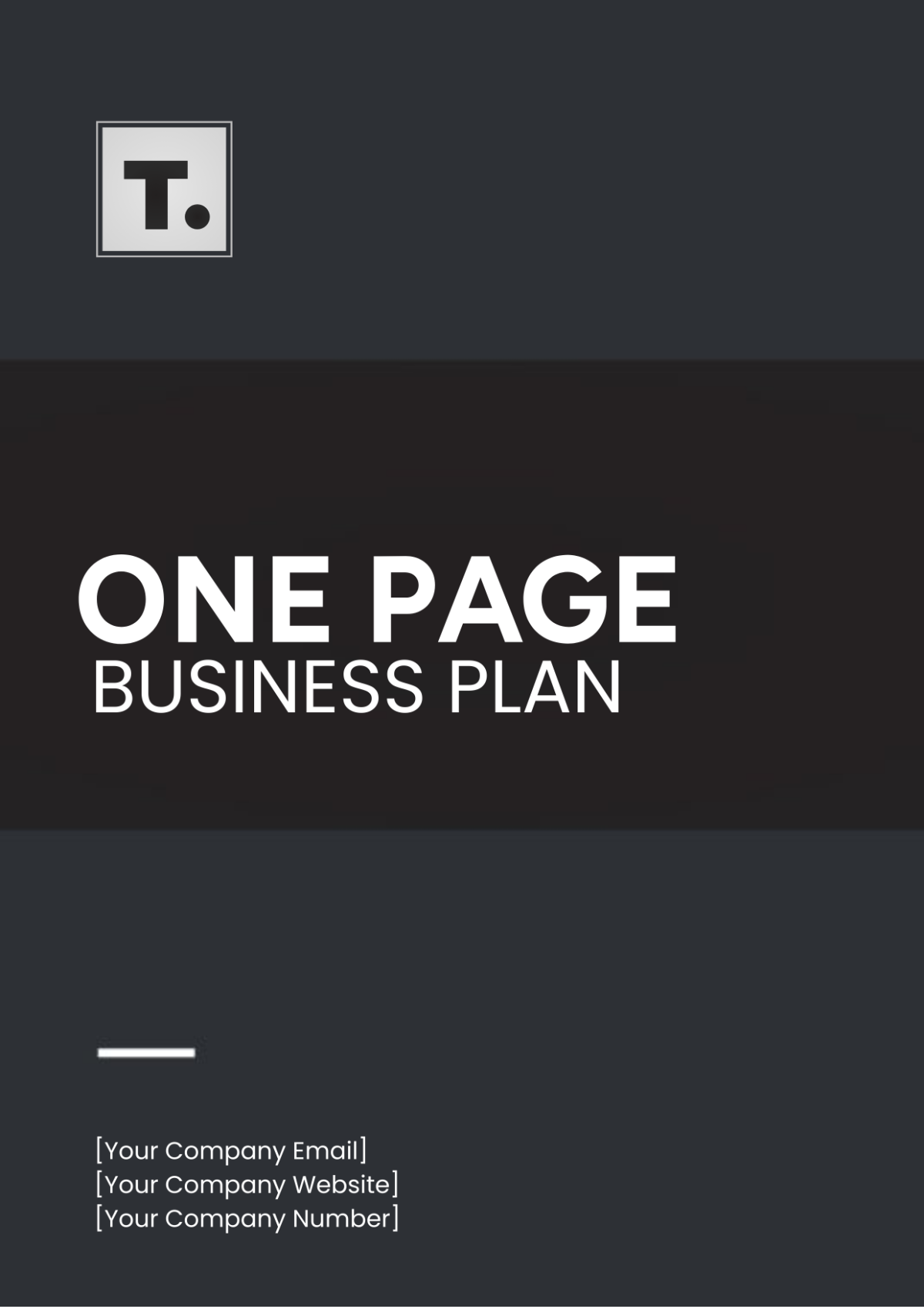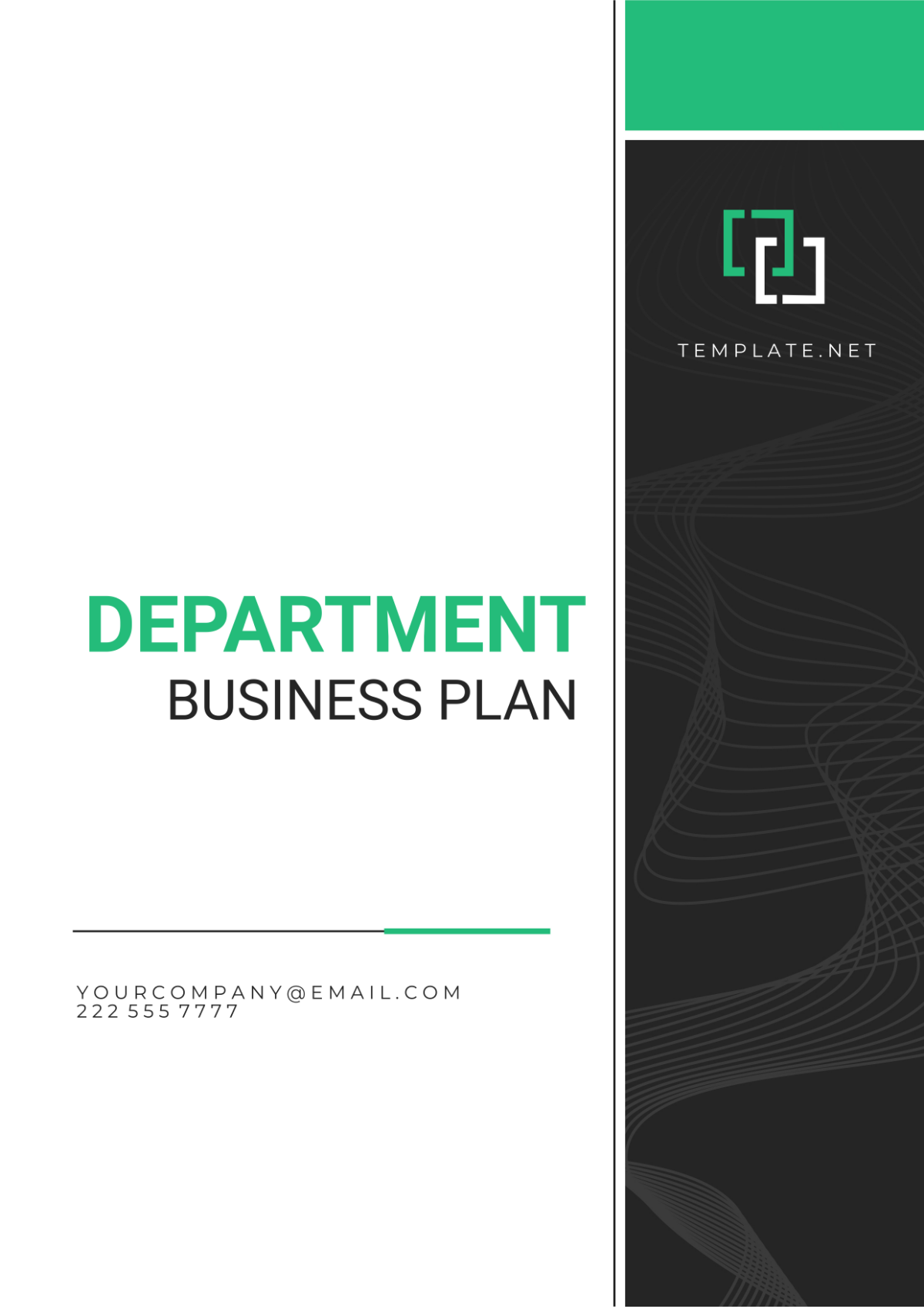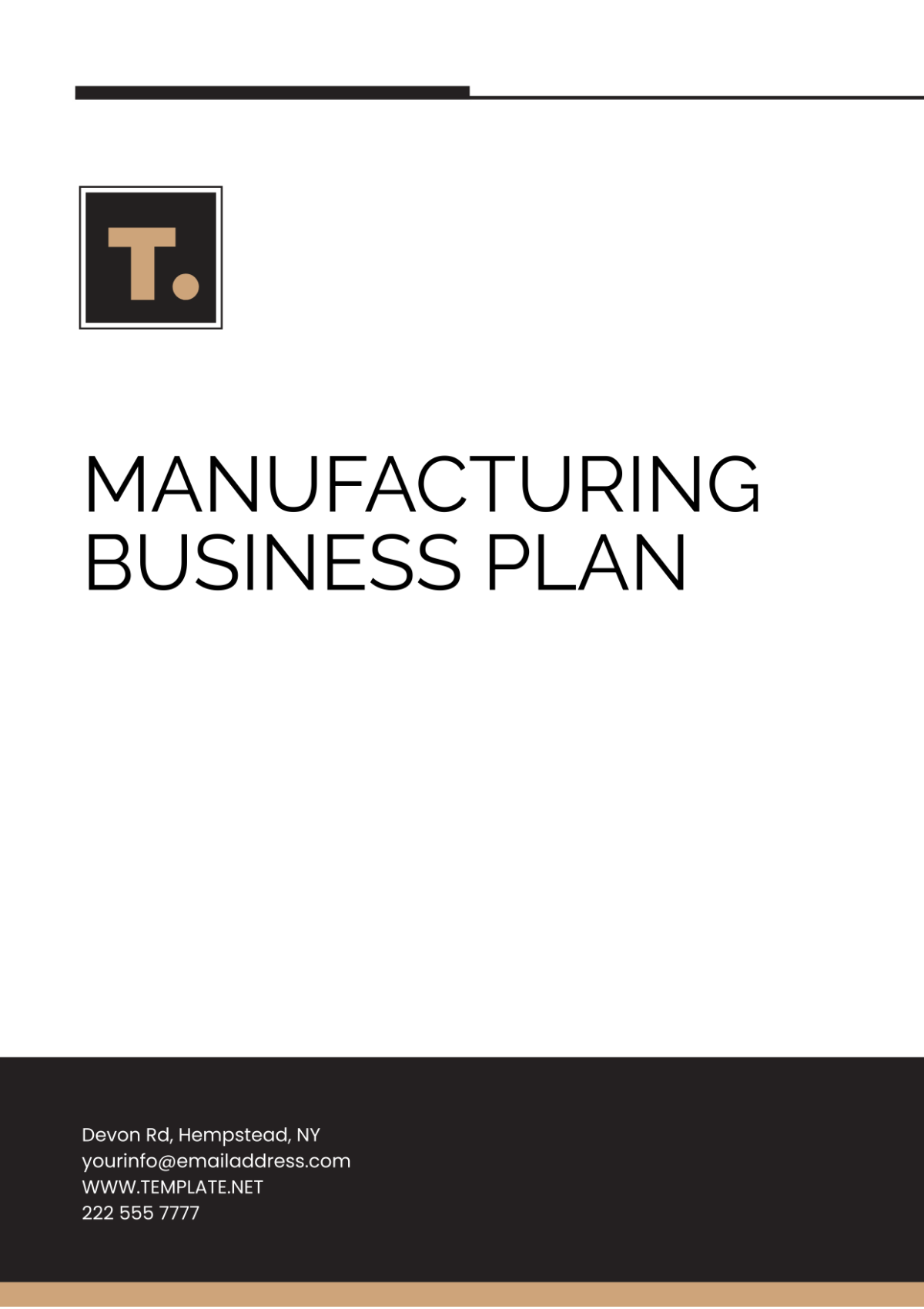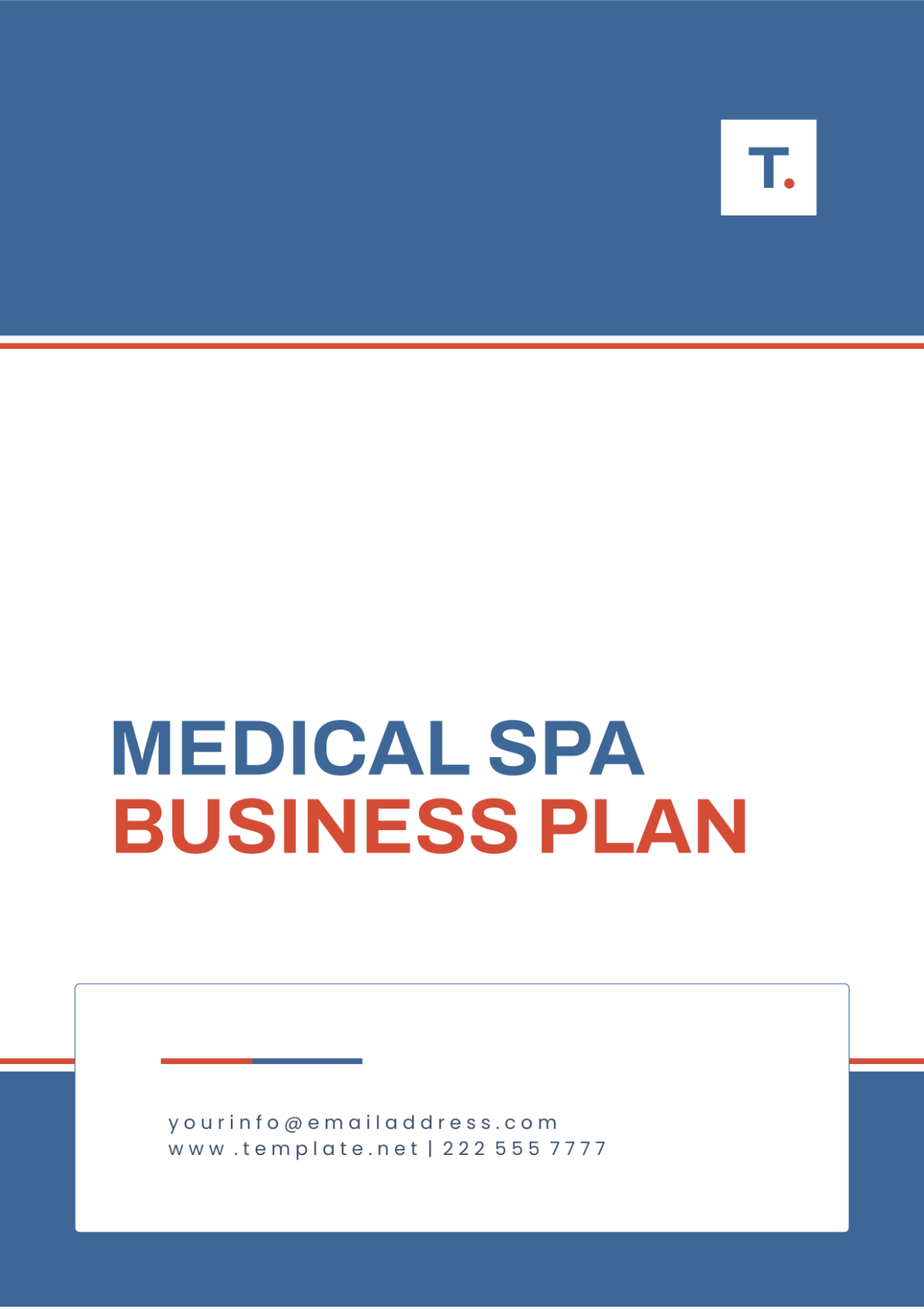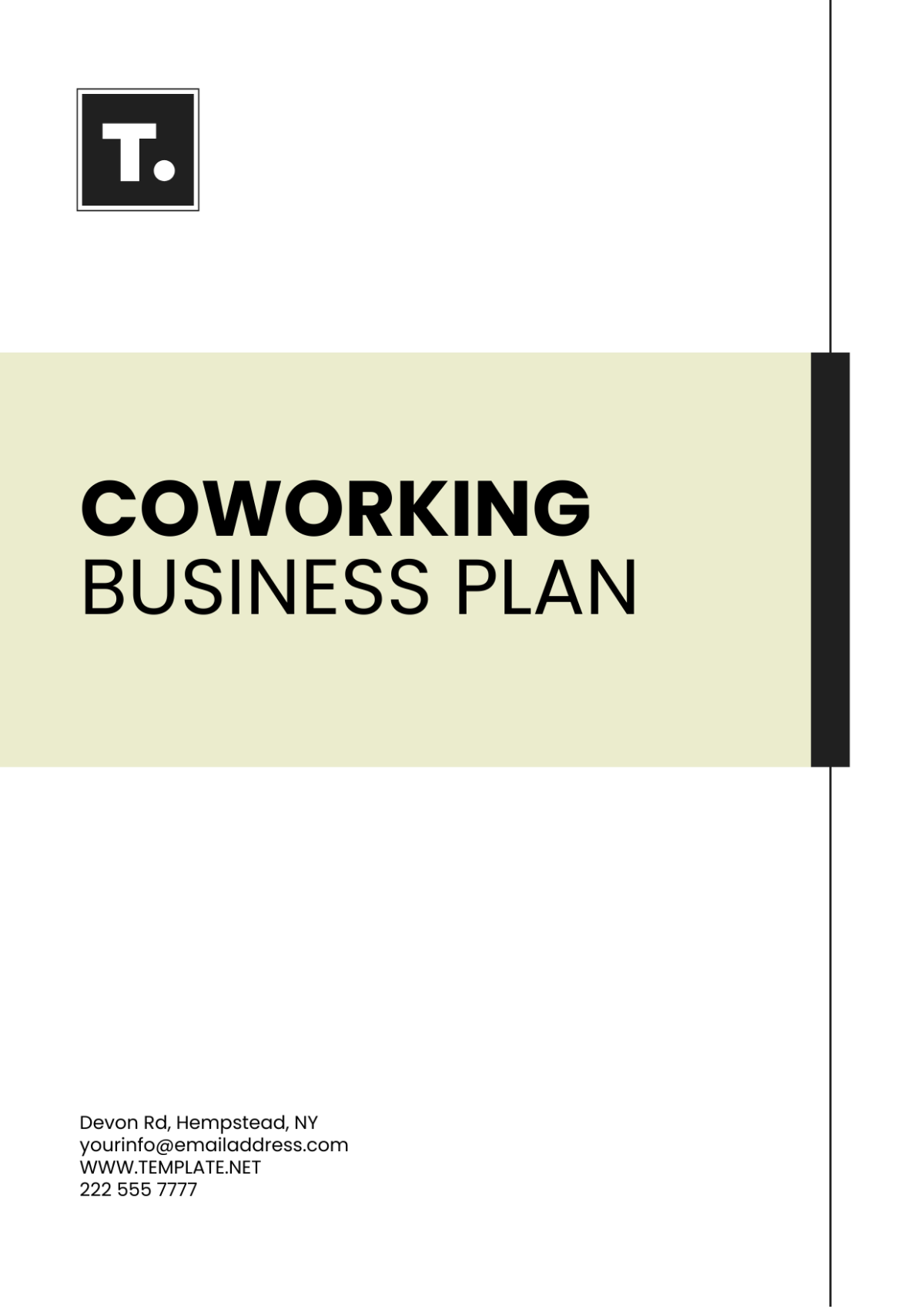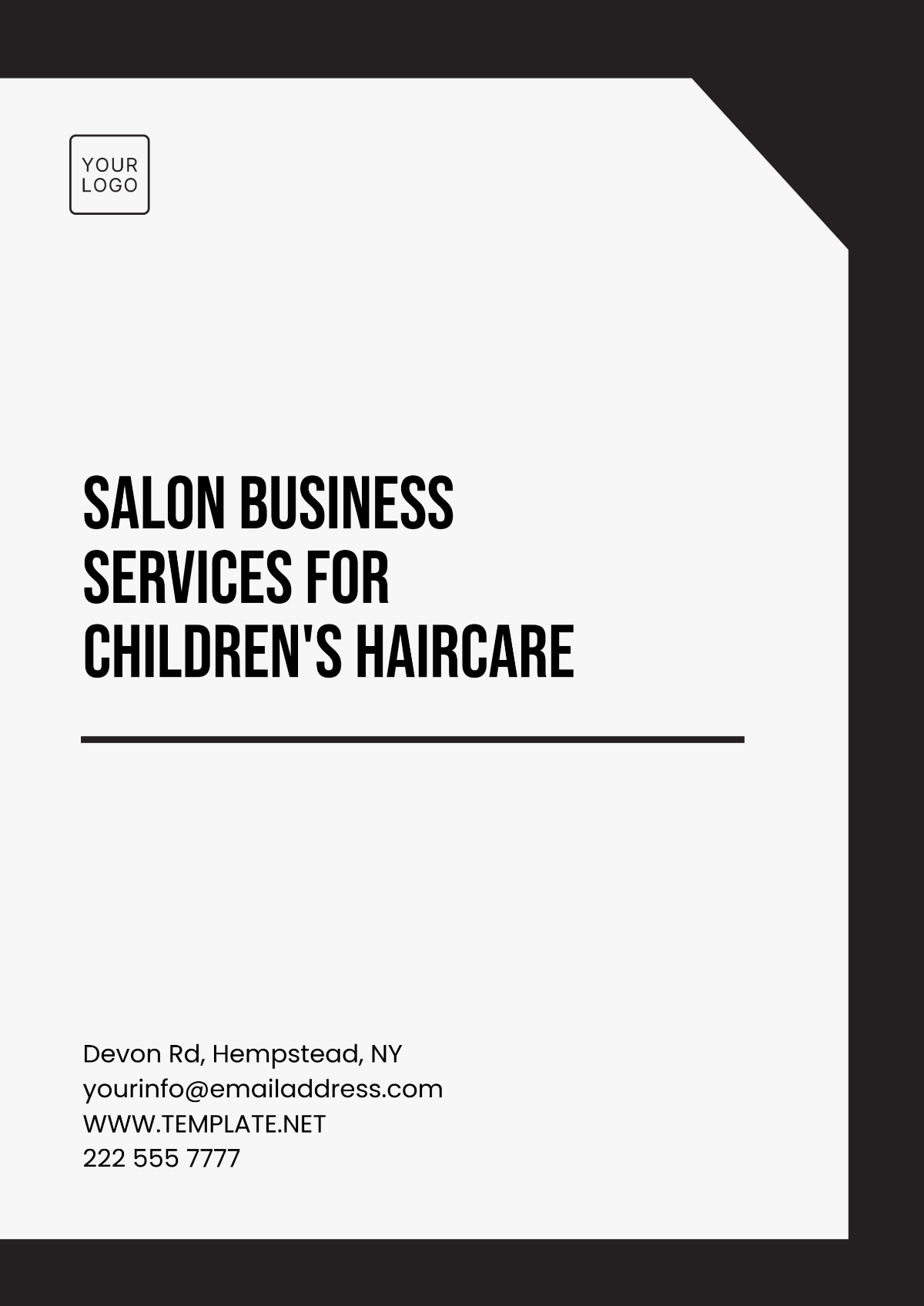BUSINESS PROTOCOL
Name: | [Your Name] |
Company Name: | [Your Company name] |
Date: | [Today's Date] |
This set of protocols serves as a comprehensive framework delineating guidelines and procedures meticulously crafted to facilitate a safe and seamless return to work for employees subsequent to a period of absence or convalescence from illness. Recognizing the paramount importance of safeguarding the well-being of our workforce while concurrently upholding operational continuity, these protocols encompass three pivotal components: rigorous health screening protocols, robust strategies for remote work facilitation, and streamlined processes for the accommodation of individual employee needs.
1. Health Screening Procedures
1.1 Initial Screening: Prior to the resumption of duties, all employees are mandated to undergo a thorough health screening, meticulously administered by the proficient personnel of the company's Health Services department. This initial screening serves as a crucial checkpoint to gauge the readiness of employees for their reinstatement into the workplace environment.
1.2 Follow-up Screenings: Tailored to the specifics of the individual's illness or circumstances necessitating absence, periodic health screenings may be deemed requisite. These subsequent screenings will be conducted at stipulated intervals as directed by Health Services, ensuring ongoing monitoring and assessment of employees' health status.
1.3 Confidentiality: Paramount to our commitment to preserving the privacy rights of all employees, stringent measures are in place to uphold the utmost confidentiality throughout the entirety of the health screening process. Confidentiality principles will be strictly adhered to, fostering an environment of trust and respect within the workplace.
1.4 Comprehensive Health Assessment: The initial health screening will encompass a comprehensive evaluation of various health parameters, including but not limited to temperature checks, symptom assessments, and review of any recent medical history pertinent to the employee's absence.
1.5 Medical Consultation: Employees undergoing health screenings will have the opportunity to consult with healthcare professionals regarding any concerns or queries pertaining to their health status or the return-to-work process. This facilitates open communication and ensures that employees are well-informed and supported throughout the screening procedure.
1.6 Symptom Monitoring: In addition to the initial and follow-up screenings, employees will be encouraged to self-monitor for symptoms of illness on an ongoing basis. Clear guidelines will be provided to assist employees in identifying potential symptoms and taking appropriate actions, such as seeking medical advice or reporting symptoms to their supervisor.
1.7 Flexible Screening Options: Recognizing the diverse needs and circumstances of employees, flexible screening options may be made available, including on-site screenings, telehealth consultations, or alternative arrangements for employees unable to physically attend the workplace.
1.8 Educational Resources: To further empower employees in safeguarding their health, educational resources on illness prevention, symptom recognition, and best practices for maintaining a healthy work environment will be disseminated. These resources serve to reinforce the importance of individual responsibility in mitigating health risks within the workplace community.
1.9 Response Protocols: In the event that a health screening identifies potential concerns or symptoms indicative of illness, clear protocols will be in place to guide the appropriate response. This may include directives for isolation, testing, or seeking medical attention, as well as measures to mitigate potential transmission risks to other employees.
2. Remote Work Options
2.1 Assessment: Upon their return, employees possess the prerogative to petition for temporary remote work arrangements, contingent upon both their health condition and the nature of their job responsibilities. These requests will undergo thorough evaluation by the discerning oversight of Human Resources and Line Managers, ensuring equitable consideration.
2.2 Implementation: In the event of approval, the competent endeavors of the IT department will be mobilized to orchestrate the seamless establishment of a secure and efficient remote work infrastructure tailored to the needs of the respective employee.
2.3 Review: Continual assessment of the efficacy of the remote work arrangement will be conducted, with a view toward potential reintegration of the employee into the physical work environment where feasible and beneficial.
2.4 Training and Support: Employees transitioning to remote work arrangements will be provided with comprehensive training and support resources to facilitate a smooth adaptation to remote work practices. This may include guidance on using remote collaboration tools, cybersecurity best practices, and strategies for maintaining productivity and work-life balance in a remote setting.
2.5 Technology Accessibility: Ensuring equitable access to necessary technology and resources is paramount in facilitating successful remote work arrangements. The IT department will collaborate with employees to assess their technology needs and provide appropriate equipment, software, and technical support to facilitate seamless remote work operations.
2.6 Communication Protocols: Clear communication protocols will be established to facilitate effective collaboration and information sharing among remote team members. This may include regular team meetings, virtual check-ins, and designated communication channels to ensure that remote employees remain connected and informed.
2.7 Performance Management: Remote work performance will be evaluated based on agreed-upon metrics and key performance indicators (KPIs), with regular performance reviews conducted to assess progress and address any challenges or areas for improvement. Performance expectations and goals will be clearly communicated to remote employees to ensure alignment with organizational objectives.
2.8 Flexibility and Work-Life Balance: Recognizing the importance of maintaining a healthy work-life balance, remote work arrangements will incorporate flexibility in scheduling and workload management. Employees will be encouraged to establish boundaries between work and personal life, with measures in place to prevent burnout and promote employee well-being.
2.9 Continuity Planning: Contingency plans will be developed to mitigate potential disruptions to remote work operations, such as technological issues, internet outages, or other unforeseen circumstances. These plans will outline procedures for addressing and resolving disruptions promptly to minimize impact on productivity and workflow.
2.10 Community Building: Despite physical distance, efforts will be made to foster a sense of community and camaraderie among remote team members. Virtual team-building activities, social events, and opportunities for informal interactions will be organized to promote cohesion and collaboration within remote teams.
3. Accommodation Requests
3.1 Request: Employees with certain conditions may require accommodations to perform their tasks efficiently. All requests should be presented to the Human Resources department in writing.
3.2 Evaluation: Accommodation requests will be evaluated based on the employee's needs, medical advice, and the feasibility of the requested accommodation in relation to the job role.
3.3 Implementation: If approved, the requested adjustment will be implemented as soon as possible to ensure the employee's comfort at work.
3.4 Interactive Process: Upon receipt of an accommodation request, Human Resources will engage in an interactive process with the employee to gather additional information, clarify needs, and explore potential accommodation options. This collaborative dialogue ensures that accommodations are tailored to the specific requirements and circumstances of the individual employee.
3.5 Documentation Requirements: Employees submitting accommodation requests may be required to provide supporting documentation, such as medical reports or recommendations from healthcare professionals, to substantiate their request and facilitate the evaluation process. However, confidentiality of medical information will be strictly maintained in accordance with applicable laws and regulations.
3.6 Temporary Accommodations: In cases where immediate accommodation is required pending a formal evaluation, interim measures may be implemented on a temporary basis to address the employee's needs while the accommodation request is under review. These temporary accommodations will be reassessed and adjusted as necessary based on the outcome of the formal evaluation process.
3.7 Reasonable Accommodation Standard: Accommodation requests will be evaluated in accordance with the principle of reasonable accommodation, which requires employers to make adjustments or modifications to the work environment or job duties that enable employees with disabilities or medical conditions to perform essential job functions. Reasonable accommodations are determined based on individualized assessment and consideration of relevant factors, including the nature of the employee's disability, the essential functions of the job, and the impact on business operations.
3.8 Interactive Process: Upon receipt of an accommodation request, Human Resources will engage in an interactive process with the employee to gather additional information, clarify needs, and explore potential accommodation options. This collaborative dialogue ensures that accommodations are tailored to the specific requirements and circumstances of the individual employee.
3.9 Documentation Requirements: Employees submitting accommodation requests may be required to provide supporting documentation, such as medical reports or recommendations from healthcare professionals, to substantiate their request and facilitate the evaluation process. However, confidentiality of medical information will be strictly maintained in accordance with applicable laws and regulations.
3.10 Temporary Accommodations: In cases where immediate accommodation is required pending a formal evaluation, interim measures may be implemented on a temporary basis to address the employee's needs while the accommodation request is under review. These temporary accommodations will be reassessed and adjusted as necessary based on the outcome of the formal evaluation process.
3.11 Reasonable Accommodation Standard: Accommodation requests will be evaluated in accordance with the principle of reasonable accommodation, which requires employers to make adjustments or modifications to the work environment or job duties that enable employees with disabilities or medical conditions to perform essential job functions. Reasonable accommodations are determined based on individualized assessment and consideration of relevant factors, including the nature of the employee's disability, the essential functions of the job, and the impact on business operations.
By incorporating these additional elements, the Processes for Accommodation Requests section provides a comprehensive framework for ensuring that employees' accommodation needs are effectively addressed in a timely, fair, and transparent manner, thereby fostering an inclusive and supportive work environment for all employees.


